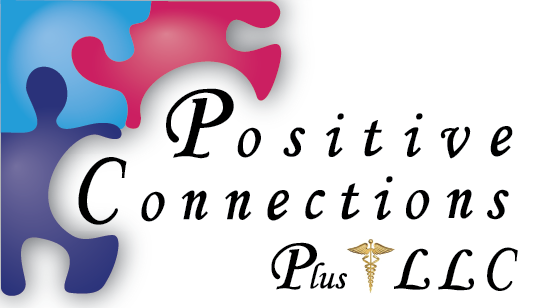

Healing From Trauma: You Can Take the First Step
Have you been through something really hard? Maybe someone you care about has, too. If you’ve felt scared, hurt, or stuck after something upsetting happened, you’re not alone. You may have experienced trauma—and you can get help to feel better.
Trauma counseling is a way to talk through what happened and learn how to heal. The first step is knowing that something hard happened to you. The second step is learning how counseling can help you move forward.
A traumatic event can be anything—big or small—that hurts your body, mind, heart, or spirit. What matters most is how it made you feel. Some people are able to move on from hard events. But for many, it’s too overwhelming, and they feel trapped. That’s where trauma counseling comes in.
Counselors are trained to help you heal in a safe and caring way. Our counselors, medical professionals, case managers, CBRS, and peers, use different tools and techniques, but the goals are always to help you:
- Face what happened without letting it hold you back
- Feel fewer painful thoughts and emotions
- Focus more on today and tomorrow
- Enjoy your life again
- Take back your power and control over your emotions
- Let go of harmful habits or addictions caused by the trauma
- Learn skills to stay strong and avoid setbacks
In addition, you might also have your own goals, and your counselor will help you set them.
The most important thing to remember is: you don’t have to stay trapped in the past. With the right support, you can move forward, feel better, and live a life full of hope and strength.

Grief
Grief is something everyone feels in their own way. It can look different for each person. Grief happens when you face a big loss or a big change in life. Most people think of grief when someone they love dies, but that’s not the only time it shows up. You might feel grief when a close friend moves away, or when a part of your life that was always the same suddenly changes. Grief is the heavy feeling you get when something important is gone.
When you are grieving, it can feel like a very dark time. This is when a grief counselor can help. A grief counselor is someone who listens to your story and guides you through your feelings. They understand the five stages of grief: Denial, Anger, Bargaining, Depression, and Acceptance. Your counselor can teach you ways to understand these feelings and slowly move through them.
While you are grieving, setting small goals can help. Life feels different after a big loss, and making new goals helps you take steps toward your “new normal.”
If your grief feels too heavy, lasts for over a year, or makes it hard to do everyday things, grief counseling can be a powerful way to heal. It can help you face your feelings, take one step at a time, and find your path forward.


